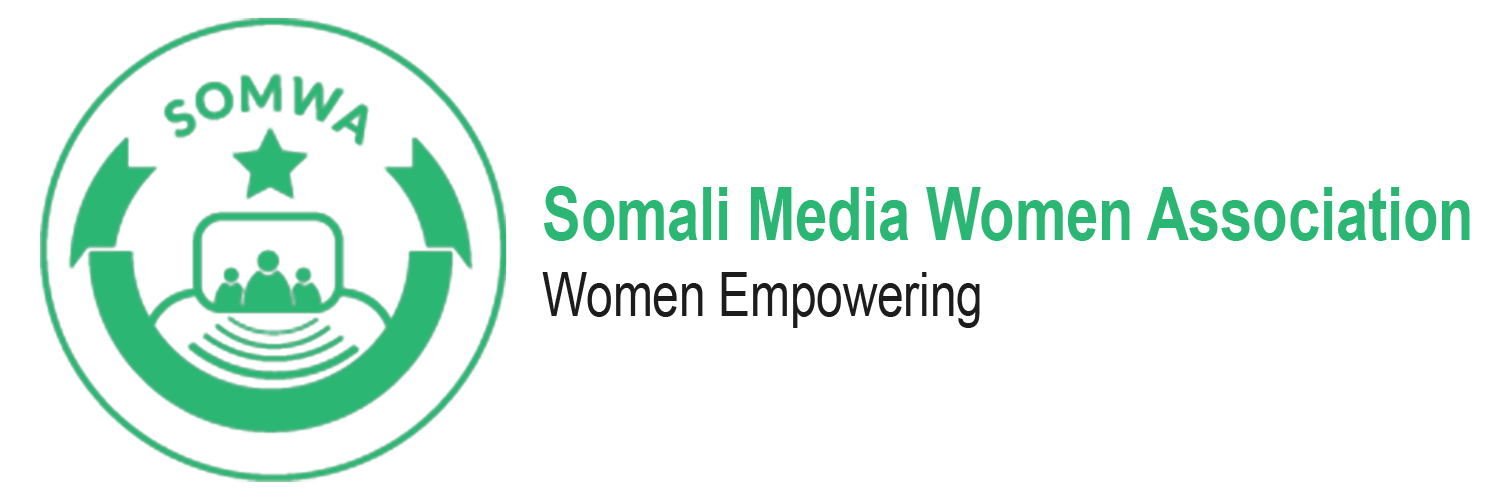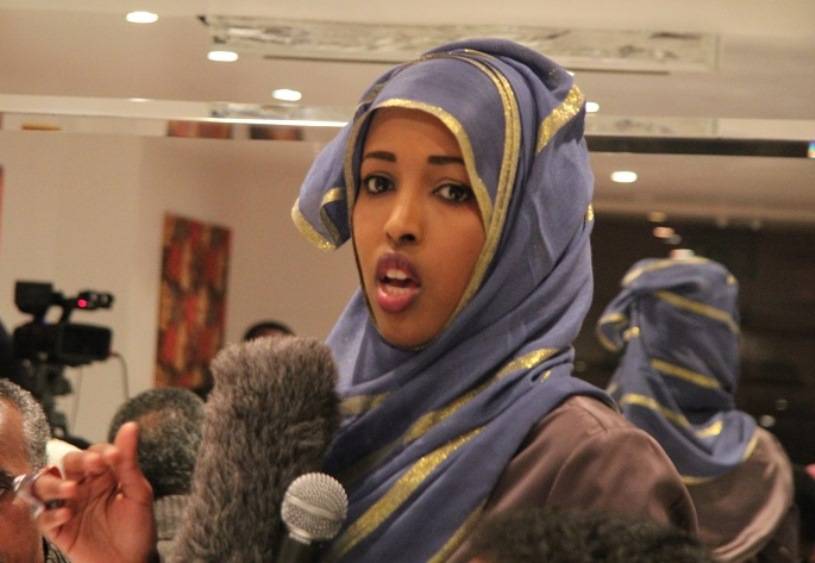The Somali Media Women’s Association is a grassroots NGO in Somalia dedicated to increasing the presence of women in the media. They also organize capacity building and empowerment projects. The founder, Marian Zeila, is currently based in London and leads the organization from abroad.
What is SOMWA’s relationship with other international organizations?
SOMWA has partnered with a few international organisations, such as IREX (International research and exchange Board) . We worked with them to create a Media Advocacy Project in Supporting Media and Civil Society in Somalia and Somaliland. SOMWA has also partnered with CARE International in creating a Media Women Empowerment Project.
2. How has political unrest impacted SOMWA’s ability to partner with international organizations?
For some international organizations, it has been difficult to partner with SOMWA or any other Somali organization. This is because Al-Shabaab has banned them from working in the country. When Al-Shabaab was banning CARE activities in Somalia, SOMWA was about to complete its activities and projects, so it did not impact us that much. SOMWA is not stopping their work, and they continue to keep in touch with NGOs, but there are still some groups that are unable to partner with local NGOs in Somalia because of Al-Shabaab.
3. What involvement does SOMWA want with the international community?
SOMWA needs support and funding from other international organizations. SOMWA is also interested in partnering with other organizations (for programs) as well.
4. What are the types of projects that SOMWA wants to collaborate on internationally?
Development, media empowerment, and particularly expanding the role of women in the media.
5. How as political unrest impacted SOMWA’s work?
The political unrest has greatly impacted us, and we can’t work in some regions because the groups don’t allow women to work. Despite this, we still organize training workshops. We have had media advocacy trainings and workshops, where 100 female journalists and members of civil society participated. We still implement workshops in Mogadishu, despite restrictions. In the future, we are planning to have more workshops on women’s empowerment and advocacy.
6. What is the nature of your partnerships (locally and abroad)?
We have a good relationship with both local and organizations abroad. We look towards the international community for support. We work with other organizations in the region as well.
7. What are some of the projects you would like to create in the future?
SOMWA wants to continue with capacity building programs, and also expand the types of workshops that it conducts. We want to create different programs, involving advocacy and lobbying, and we need far more resources to do that. Ideally, SOMWA would like to create a network for Somali women in the media, and other organizations dedicated to women.
8. What are some of the challenges for SOMWA, particularly in trying to promote more advocacy?
At the moment, it is not safe to be an activist, and this causes difficulties for local NGOs. This is because NGOs face more challenges with political groups in the country. They may be harassed, jailed, or even killed for their jobs.
9. Advocacy requires more visibility, what are some of the challenges particularly pertaining to advocacy?
Women have less representation, and don’t have rights. Women are marginalised because of it.
10. Marian, since you are in the UK, does this make leading SOMWA more difficult?
I have been leading SOMWA from abroad for about two years. It is not hard, it can be lead in the same way, because all the members and organization are based there, and they are doing what they can to operate normally. All they want from me is to give them permission to go ahead.
11. What are your plans in the future for SOMWA, as a leader from abroad?
In the future, I would like to be able to have an office in London, so that I can support SOMWA more from UK, and show more organizations here the work we are doing back home. Also, here in UK we have more opportunity and freedom than in Somalia.
12. What are your responsibilities?
My responsibility is to preside over SOMWA Executive Board meetings, community Delegates/Board meetings and general meetings, and make all necessary arrangements for those meetings. Part of my responsibility is to build a good relationship with other organizations locally and internationally.
13. Tell me more about more about the participants of SOMWA’s workshop?
Our workshops have been successful, as more women are interested in being a journalist, and also learned more about journalism from SOMWA’s trainings. Some are now working in the media. The participants appreciated SOMWA for conducting the workshop and pledged that they will share the lesson with their counterparts who have not had the opportunity to attend similar workshops. They have also promised that they will advise their media counterparts to apply what they have learned from the workshop to advocate for solving part of the dilemma experienced by the public.
14. Why is the media so important?
The media is so important because people get more information from it. In Somalia, the media is mostly independently and owned by individuals. People listen to the local radio before they go outside of their home. This is because there is a war going every day, so that is why media is so important. Many journalists die for their jobs, because of some of these struggles.
15. What is your priority?
Our priority is a free media, but also women’s rights. We want more involvement in the media, in order to increase women’s rights or their VOICEs to be heard. SOMWA is a part of trying to expand the role of women in the media, and while things are happening slowly, they are still changing. Before, women had less involvement in activities, and that is changing. International organizations are helping facilitate support in order to reach this goal. Increasing the rights of women in Somalia is accomplished through increasing presence in politics, social issues and the media.
16. Why is are your training workshops really important?
A lot of women want to get involved in the political system as well, and really can’t get involved. Training is really important, because it really facilitates change. For example, through training and workshops, FGM in Somalia has been reduced. We’ve involved the religious community in our organizations. We’ve brought Imams on the panels to work with us. Sometimes, for politics, it is difficult to bring imams in.
17. What are some opportunities you would like to have for SOMWA?
We would like to be able to take advantage of online resources like digital meetings, and we would like to use that as a platform. Having more online meetings will help us engage more with the international community


